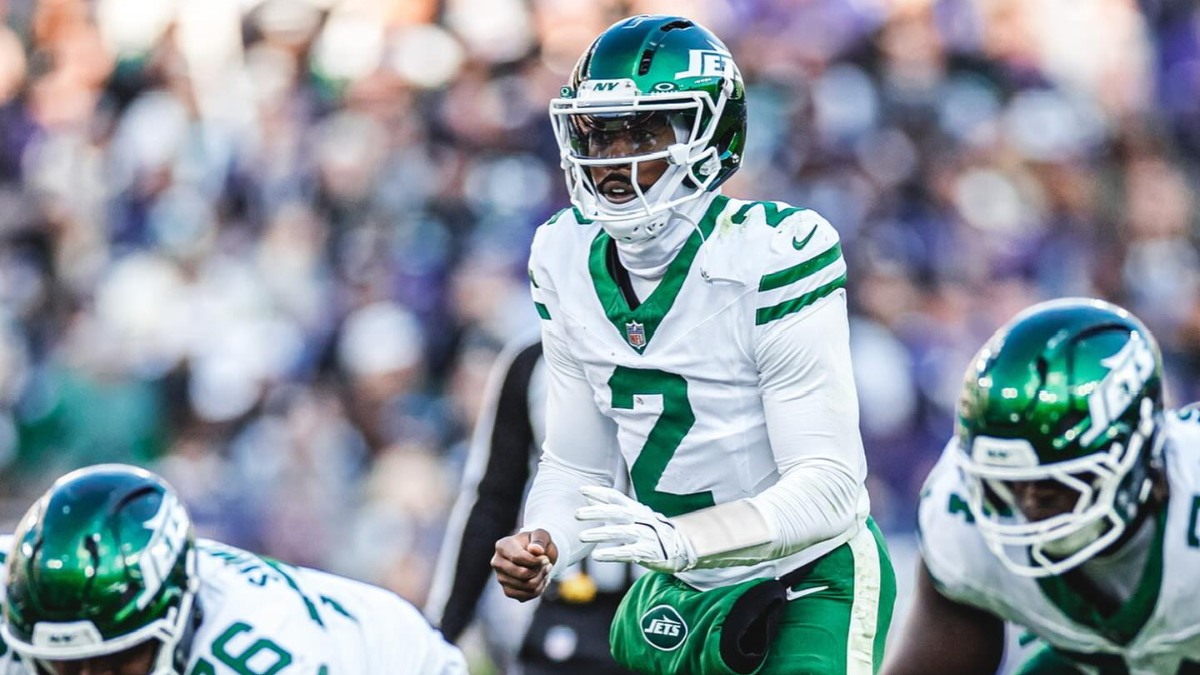Takeout Safe to Eat
Cooper experts: Take-out food is safe during the COVID-19 outbreak.
During the COVID-19 pandemic, people attempting to maintain some semblance of normalcy have questions concerning what is considered safe practice and what isn’t. According to infectious disease experts at Cooper University Health Care, one area citizens need not worry about is ordering take-out food.
“We know that the risk of contracting coronavirus through food is incredibly low,” said Henry S. Fraimow, MD, infectious disease specialist at Cooper University Health Care. “According to the Centers for Disease Control and Prevention (CDC), there is no evidence of food or food packaging being associated with transmission of COVID-19.”
So, while social distancing mandates in New Jersey and most states prohibit eating out in restaurants, it is generally considered safe to take advantage of take-out or delivery options currently offered by many restaurants. The risk of contracting anything from the packaging is low, however, it is a good idea to wash your hands after opening food containers the same way you should after unpacking groceries from the supermarket or items from a pharmacy.
“While the virus that causes COVID-19 like many viruses, including the common cold and seasonal influenza, can survive on surfaces or objects for a period, most experts consider person-to-person contact as the main form of transmission,” said Dr. Fraimow. “People shouldn’t be overly worried about this. Even so, as a measure of precaution, it is important to wash your hands, utensils, and surfaces often just as a matter of routine.”
Similarly, food service workers should always follow safe food handling procedures, including cleaning food preparation surfaces frequently. This is good practice to avoid cross food contamination, not just during periods of infectious disease outbreaks, according to Dr. Fraimow.
The CDC also indicates that it is not necessary for food service workers who are well to wear facemasks. Facemasks should only be used by health workers and people who are taking care of someone with COVID-19 in close settings (at home or in a health care facility) or by people who show symptoms of COVID-19 to help prevent the spread of the disease to others.
Finally, like any type of worker, those who work in the food service industry should not work if they are feeling ill or show signs of any type of illness, especially those with respiratory illnesses. If you are concerned by influenza-like symptoms especially those that worsen over time, check with your primary care doctor.











